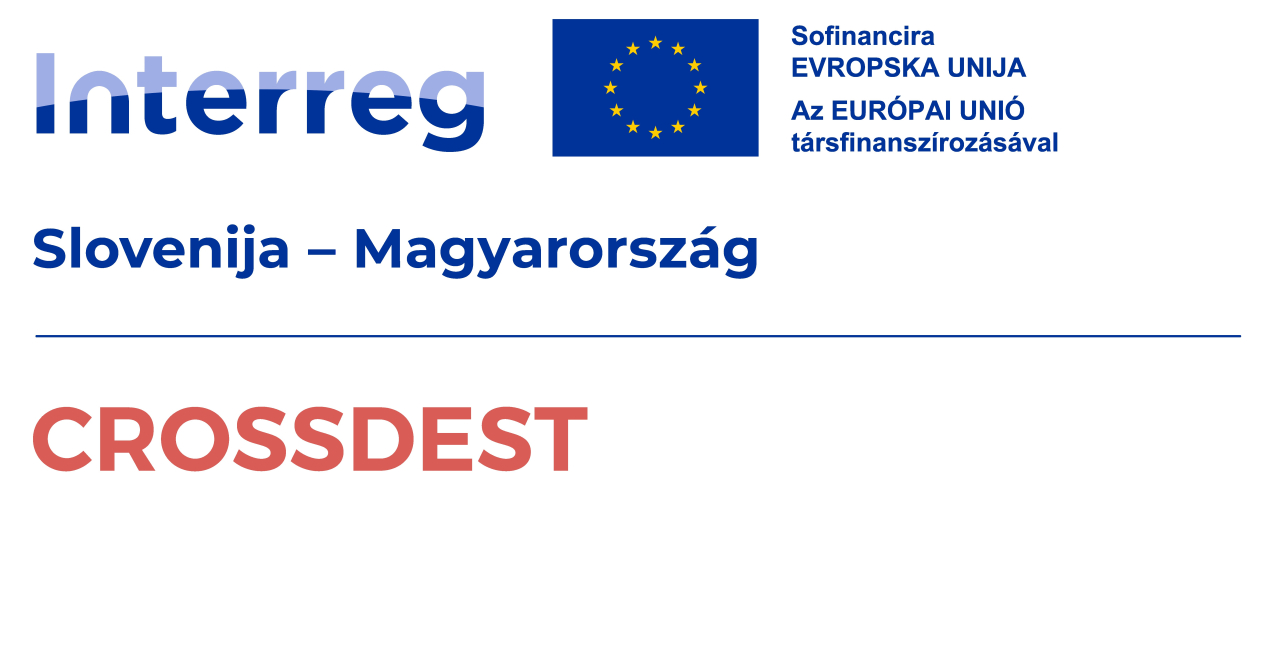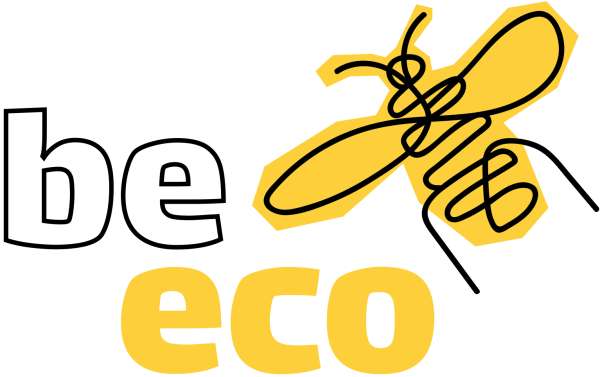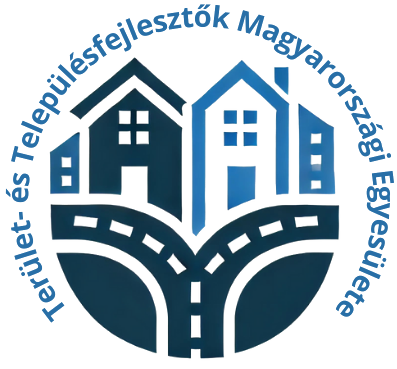



Kapolnásfalu
At the foot of the Harghita Mountains, in the valley of the Homoród stream, lies Kápolnásfalu – a Székely village where natural beauty and a tradition-respecting way of life blend harmoniously. The village takes its name from a chapel built around 1710, on the site of which the community's Roman Catholic church still stands today. This neoclassical-style building serves as the religious and cultural centre of the village, where locals regularly gather for celebrations and village events. The village is located along the 13A main road, between Székelyudvarhely and Csíkszereda, making it easily accessible yet still nestled in a peaceful, mountainous environment. The natural attractions of Madarasi-Harghita, Tolvajos Pass, and the surrounding karst springs draw visitors seeking tranquil, active relaxation close to nature. The area around the village offers numerous hiking trails: the rich wildlife of the meadows, forests, and clearings provides excellent opportunities for nature walks and birdwatching. The community of Kápolnásfalu has a strong sense of identity: the majority of the population remains Roman Catholic and actively preserves local Székely traditions. Traditional clothing and crafts – such as wood carving, weaving, and spinning – are still part of everyday life in the village. Community events, such as the village day, folk song gatherings, or farmers’ day, not only strengthen the bonds among locals but also offer visitors a chance to immerse themselves in the living rural culture. The village's economy is based on traditional rural farming and forestry. Family homesteads still practise small-scale animal husbandry, haymaking, and fruit drying. The locals strive to live and farm sustainably, respecting the delicate balance of the natural environment. Kápolnásfalu is a place where visitors can not only relax but also gain insight into a Székely world that spans centuries yet remains vibrant – a community where guests are always warmly welcomed, and the tranquillity of nature preserves the wisdom of its people. - editorial content -
Getting there
- Walk
- Horseback
- Bike
- Electric bicycle
- Bus (rented for the trip)
- Bus (rented for the trip)
- Motorcycle
- Car
- Electric car
Arrival
- Walk
- Horseback
- Bike
- Electric bicycle
- Bus (rented for the trip)
- Car
- Motorcycle
Public transport
- bus
Parking information
- Free outdoor parking available
Sustainability level
Topic 1: Destination Management 48%
- Visitor management: 40%
- Commitment and organization: 0%
- Design & development: 50%
- Monitoring and reporting: 50%
- Legal and ethical compliance: 100%
Topic 2: Nature and landscape 70%
- Nature and wildlife protection: 100%
- Nature and conservation: 40%
Topic 3: Environment and climate 29%
- Land use and pollution: 67%
- Water management: 40%
- Energy, sustainable mobility and climate change: 0%
- Adaptation to climate change: 0%
- Waste and recycling: 40%
Topic 4: Culture and traditions 88%
- Cultural heritage: 100%
- People and traditions: 75%
Topic 5: Social Welfare 43%
- Health and safety: 100%
- Local economy: 20%
- Socio-economic impacts: 0%
- Community participation: 25%
- Human dignity: 71%
Topic 6: Business and Communication 61%
- Business participation: 22%
- Information and marketing: 100%


